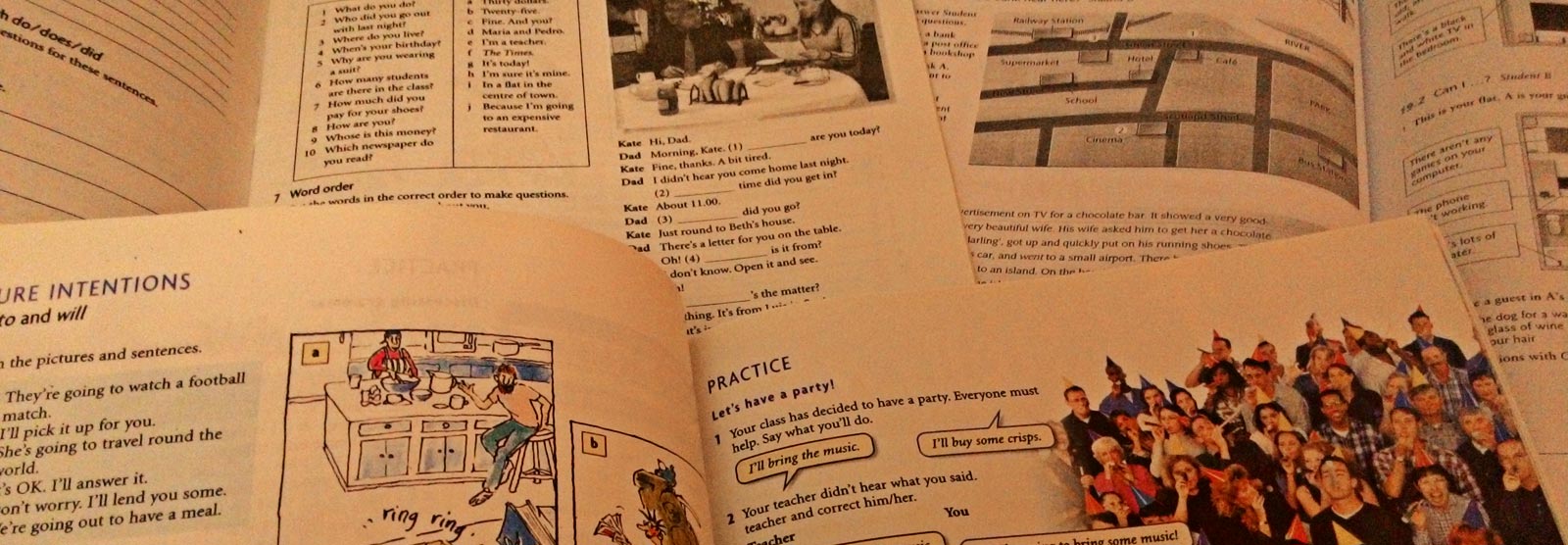'Money doesn't grow on trees', as the saying goes. It is made in the Royal Mint, which is in Wales.
But where does the word money come from? The answer is that it comes from the same place as the word mint. Both words are derived from the Latin word moneta.
The story is more interesting than that, however.
One night in the 4th Century B.C., a band of Gauls (Frenchmen) made a silent attack on the city of Rome. The soldiers on the wall were all asleep, and the Gauls were within a few metres of success when they disturbed some sacred geese on the hilside.
The geese hissed and honked and the guards awoke just in time to repel the attack. The city was saved and the Romans gave thanks to the goddess Juno for using her geese to warn them. They called her Juno Moneta (moneta meant 'who warns'), and they built a new temple for her on the hilside.
The temple was later used for storing treasure and eventually for making money. Soon both the place and the stuff they made there came to be named after the warning geese.











